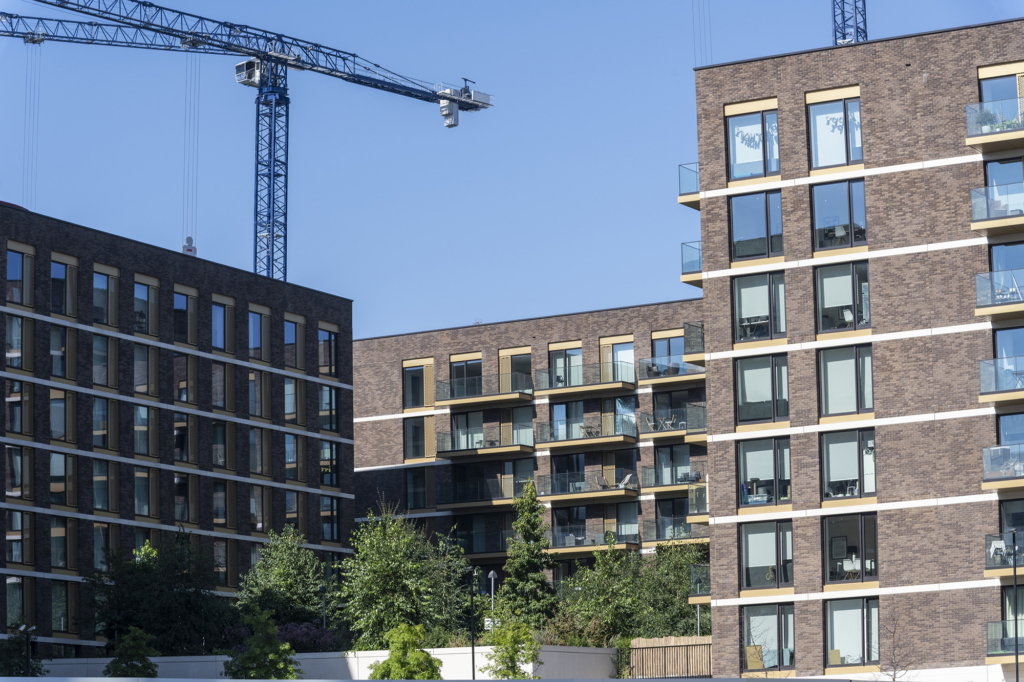
What is LDI Insurance?
Latent Defects Insurance (LDI) serves as a first resort policy, covering loss or damage to completed buildings caused by major defects in design, materials, or workmanship. This insurance provides a 10-year coverage for structural defects, offering financial protection to property developers and homeowners alike. LDI symbolises trustworthiness and quality, enhancing marketability and consumer confidence in the developer.
Who is latent defects insurance for?
LDI is essential for property developers, particularly those selling off-plan apartments and houses. It offers consumer protection, increases marketability, and provides an alternative to mandatory bonds. Developers, builders, and self-builders benefit from LDI, as it reassures stakeholders and facilitates smoother transactions, including securing funding and mortgage loans.
How does it differ from a structural warranty?
While both LDI and Structural Warranty provide protection against defects in buildings, they serve distinct purposes. LDI specifically covers loss or damage caused by defects in design, materials, or workmanship, offering a 10-year coverage for major defects. In contrast, a Structural Warranty focuses on repairing latent structural defects that might develop in a building, typically providing cover for 10 years on new build properties. LDI enhances consumer confidence and marketability, while a Structural Warranty addresses specific repair costs associated with structural defects.

What does a latent defects building warranty cover?
A latent defects building warranty covers the holder against hidden structural defects that may develop in the building over time. These defects could include faults in the foundations, load-bearing walls, or other structural elements that may not be detectable during initial surveys. The policy helps cover the cost of repairing such defects or even rebuilding the structure if necessary. Unlike other contract types, latent defects insurance does not require court proceedings to prove fault, allowing for faster action to fix structural damage.
How does having LDI insurance benefit developers?
Having LDI insurance offers numerous advantages for developers. Firstly, it enhances marketability by symbolising trustworthiness and quality assurance to potential buyers. With LDI coverage, developers can offer a 10-year major defect guarantee, attracting more buyers and securing sales. Additionally, LDI provides financial protection against potential repair costs, reducing the developer’s liability and mitigating risks associated with structural defects.
In summary, Latent Defects Insurance (LDI) is a valuable asset for property developers, offering consumer protection, enhancing marketability, and providing financial security against structural defects. By securing LDI coverage, developers can differentiate themselves in the market, build trust with buyers, and ensure long-term success for their projects.
Are you a developer seeking a trusted partner for your next multi-residential project? Buildland is here to bring your vision to life with our proven expertise and commitment to quality construction. Contact us today on 02 7966 0200 or info@buildland.au to discuss how we can collaborate on your upcoming development ventures.
 02 7966 0200
02 7966 0200 info@buildland.au
info@buildland.au